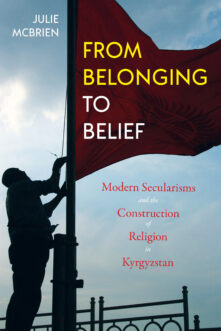Islam, Society, and Politics in Central Asia
During the 1990s, there was a general consensus that Central Asia was witnessing an Islamic revival after independence, and that this occurrence would follow similar events throughout the Islamic world in the prior two decades, which had negative effects on both social and political development. Twenty years later, we are ...

